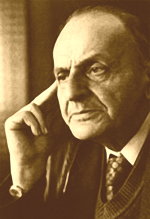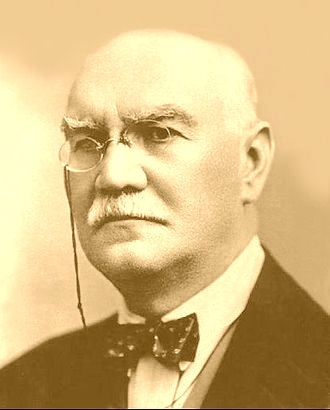Main Menu
DEPARTAMENTE
REVISTE
PUBLICAŢII PERIODICE
LEGĂTURI
CONFERINȚE
 Simpozionul Național Constantin Noica, Ediția a XVI-a „Povestiri despre om…” (26-29 septembrie 2024)
Simpozionul Național Constantin Noica, Ediția a XVI-a „Povestiri despre om…” (26-29 septembrie 2024)SIMPOZIONUL NAŢIONAL
SIMPOZIONUL NAŢIONAL
Welcome
I.F.P.A.R. RESEARCH SEMINARS (27 February 2025)
victorg, Sunday 23 February 2025 - 00:00:00 //
Thursday, 27 February 2025, 12:00–14:00
Speaker: CYRIL MCDONNELL (National University of Ireland, Maynooth)
Title: „Kierkegaard’s Objections to Natural Theology: Their Significance and Priority in his Development of Post-Kantian Philosophy of Religion”
- online -
Meeting invite link: https://meet.google.com/idm-boup-spy
*No registration required.
Speaker: CYRIL MCDONNELL (National University of Ireland, Maynooth)
Title: „Kierkegaard’s Objections to Natural Theology: Their Significance and Priority in his Development of Post-Kantian Philosophy of Religion”
- online -
Meeting invite link: https://meet.google.com/idm-boup-spy
*No registration required.
Abstract:
Kierkegaard is often taken as opposing reason to personal religious Christian faith and is probably most renowned for his declaration that ‘faith begins where thought leaves off’; but Kierkegaard, as a man of intelligence, has to begin with and take on thought, and in particular the thought that thinks that one can know that God exists, whether one is a religious believer or not. For Kierkegaard, therefore, the very thinking through of the philosophical implications of his own personal religious faith and of those who argue for the knowability of the existence of God are inextricably linked and integral to his conception of philosophy as rigorous unscientific religious thought. For his critics, such as Heidegger, and many like him, however, one can be either a thinker or a religious believer, not both; but Kierkegaard is, par excellence, a religious thinker. This is the category into which he fits. This paper, therefore, examines Kierkegaard’s religious thinking on its own terms, that is to say, as taking on and dealing with arguments for the existence of God he found in the tradition of philosophical thinking before him that requires thought and thinking anew in his development of post-Kantian philosophy of religion.
Kierkegaard is often taken as opposing reason to personal religious Christian faith and is probably most renowned for his declaration that ‘faith begins where thought leaves off’; but Kierkegaard, as a man of intelligence, has to begin with and take on thought, and in particular the thought that thinks that one can know that God exists, whether one is a religious believer or not. For Kierkegaard, therefore, the very thinking through of the philosophical implications of his own personal religious faith and of those who argue for the knowability of the existence of God are inextricably linked and integral to his conception of philosophy as rigorous unscientific religious thought. For his critics, such as Heidegger, and many like him, however, one can be either a thinker or a religious believer, not both; but Kierkegaard is, par excellence, a religious thinker. This is the category into which he fits. This paper, therefore, examines Kierkegaard’s religious thinking on its own terms, that is to say, as taking on and dealing with arguments for the existence of God he found in the tradition of philosophical thinking before him that requires thought and thinking anew in his development of post-Kantian philosophy of religion.


 P S I H O L O G I E
P S I H O L O G I E



